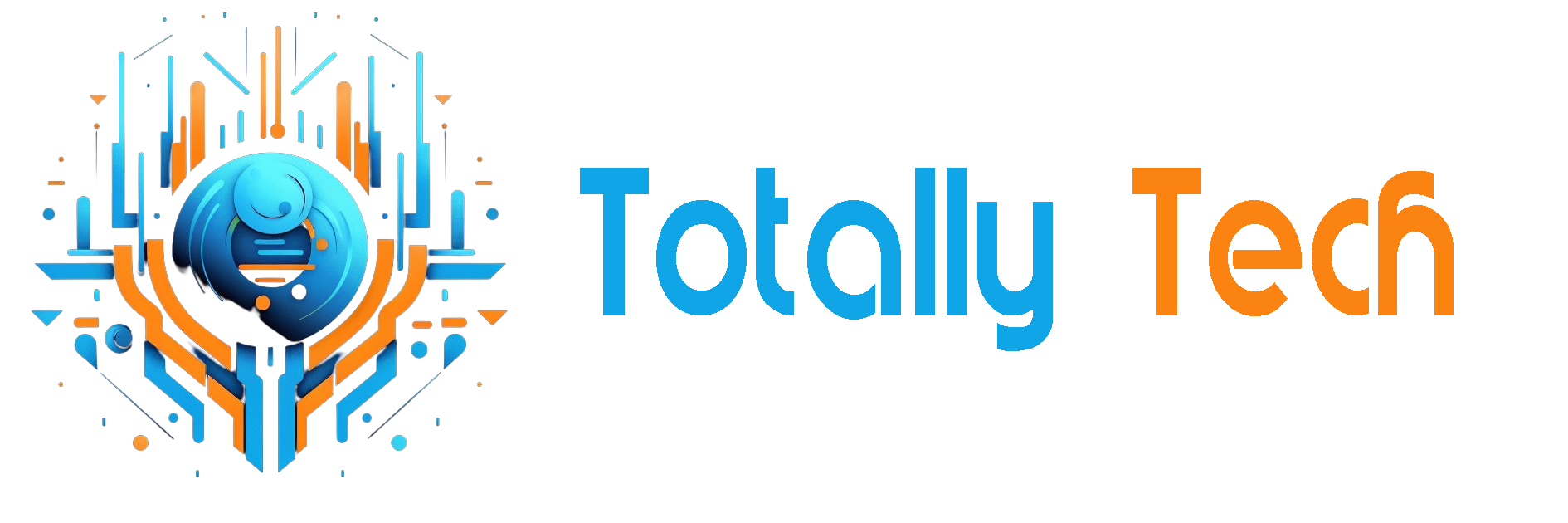
At Lenovo’s Tech World 2024, both Lenovo and Motorola presented groundbreaking artificial intelligence (AI) innovations, aiming to push the boundaries of hyper-personalization in consumer technology. Lenovo debuted “AI Now,” a generative artificial intelligence (genAI) system built on Meta’s Llama 3.1 AI model, which promises to make PCs smarter by turning them into personalized digital assistants. The standout feature? Hyper-personalization without compromising user privacy.
Unlike most AI systems that rely on cloud computing, AI Now keeps interactions stored locally on the device. Moreover, the genAI assistant running on the PC is powered by the system hardware and a Local Large Language Model (Local LLM), a one-of-a-kind innovation that not only limits the AI’s interaction with the cloud but can deliver responses to user queries without an internet connection.
Likewise, Motorola (a Lenovo company) previewed “Moto AI,” a genAI assistant that aims to make smartphones hands-free. Users can now manage their devices with voice commands, and features like “Catch Me Up” and “Pay Attention” help summarize personal communications or transcribe conversations for review. The “Remember This” feature also enables users to capture live moments or on-screen information through voice and gesture commands.
“Our agentic AI-powered systems retain user context and memory, allowing for more natural, continuous interactions without the need to reintroduce information. By compressing multiple traditionally large AI models into efficient 7-billion parameter autonomous systems, we plan to deliver high-performance AI across Lenovo and Motorola ecosystems while maintaining accessibility,” Yang Yuanqing, CEO of Lenovo Group, told me. “Our goal is to develop a unique private knowledge base within consumer devices that adapts to individual needs, without requiring any technical expertise to operate.”
Both brands are betting on genAI to drive the next-gen of AI-powered consumer tech. But can these AI advancements deliver on their promises without compromising user privacy?
A New Era of Assistants: Can We Trust AI with Sensitive Data?
Lenovo’s AI Now offers hyper-personalized AI features, storing user data locally within the user’s system hardware. The AI can summarize documents, transcribe meetings, and even adjust device settings based on natural language input—all without an internet connection. The innovation is powered by a unique architecture combining the CPU, GPU, and NPU to power the AI system and user interactions locally, creating a Personal Knowledge Base (PKB) stored entirely on the device.
AI Now doesn’t just perform tasks; it retains context and memory, so users don’t need to reintroduce their preferences. This creates a more natural, continuous interaction. Lenovo asserts that the local LLM architecture is a “first in the industry innovation”, that can deliver personalized consumer experiences while safeguarding data privacy.
“The future of AI is personalized, proactive, and predictive. AI Now is our first step towards developing an Agentic AI system for consumers—an augmented intelligence that knows your preferences, understands your unique cognitive behaviors, and autonomously works for you,” Tolga Kurtoglu, CTO of Lenovo, told me. “It transcends the static, chatbot-driven use cases, delving into your daily activity and interaction data with your PC, processing those insights, and transforming them into actionable outcomes to boost consumer productivity.”
Motorola’s Moto AI also harnesses the power of Local LLM and LAM technology to streamline everyday tasks on your phone—from setting alarms to generating contextual insights from captured or stored content. For instance, when you snap a photo, Moto AI works quietly in the background, pulling in essential details and context about the image. With just a simple voice command, you can revisit those memories anytime.
During its demonstration, Motorola showcased how Moto AI can operate autonomously, mimicking human-like interaction without the user needing to touch the screen—something other AI assistants, like Siri or Google Gemini, struggle to achieve. Users can simply say commands like “Book an Uber” or “Reserve dinner at my favorite restaurant,” and watch as the AI executes these tasks right before their eyes, with an interface that smoothly mirrors typical human smartphone interactions.
Motorola’s innovative approach integrates multiple AI models from OpenAI, Stability AI, and others, allowing the AI to excel in specific tasks. The company aims to position Moto AI as a direct competitor to established leaders in the AI assistant space, including Apple’s Siri and Google’s Gemini, both of which are heavily investing in generative AI and consumer data security. However, a noteworthy aspect of Moto AI is its continuous recording of activities occurring within the phone, enabling it to read notifications, emails, and messages internally. So, is Moto AI truly safe for consumers?
Privacy vs. Convenience: How Secure Are These AI Systems?
While the convenience of these AI assistants is clear, the question of privacy remains a significant concern. This could raise alarms that the phone’s AI assistant knows more about the user’s personal life than themselves, even if it is processed locally. In response to consumer data privacy concerns, Jeff Snow, Motorola’s Head of AI and Software Experiences, emphasized that the AI assistant centralizes sensitive user data to the phone itself.
“We believe our AI-powered phones will come across as a powerful device for productivity, as the AI doesn’t touch don’t touch app data but puppeteer human actions by recording user preferences,” Snow told me. “Our approach to AI is different, instead of the user being the one creative we are enabling suggestions to the users from AI on how they can collaborate with the AI. We are currently in Beta and plan to solve more user challenges through features before launch.”
Lenovo and Motorola are currently focused on balancing AI-powered convenience with privacy protection. Their on-device AI systems offer enhanced personalization, but public trust in AI assistants will hinge on users’ confidence in data security. Will consumers embrace the convenience while not being completely assured their personal data is safe? The answer to this question could shape the future of AI-driven consumer technology.
The post Lenovo and Motorola Unveil Hyper-Personalized AI Assistants at Tech World 2024: The Future of Personalized AI or Privacy Infringers? appeared first on Unite.AI.


